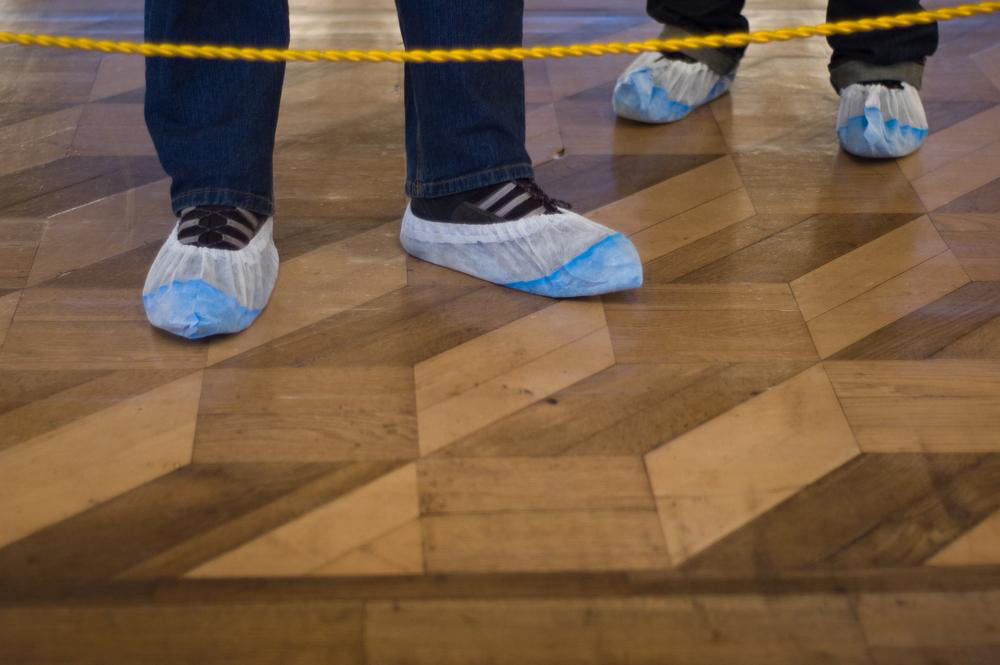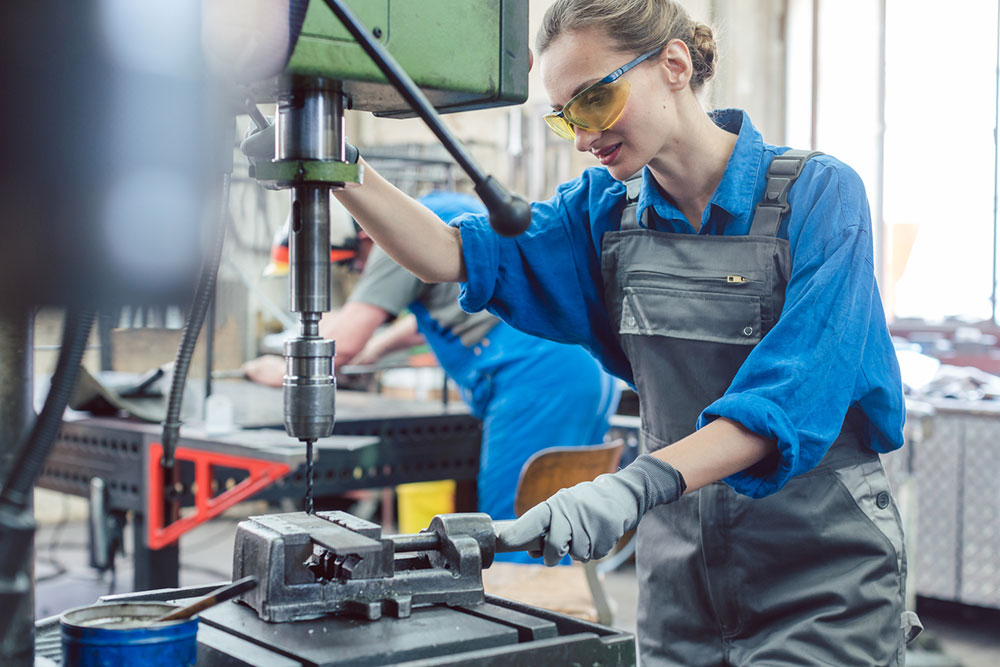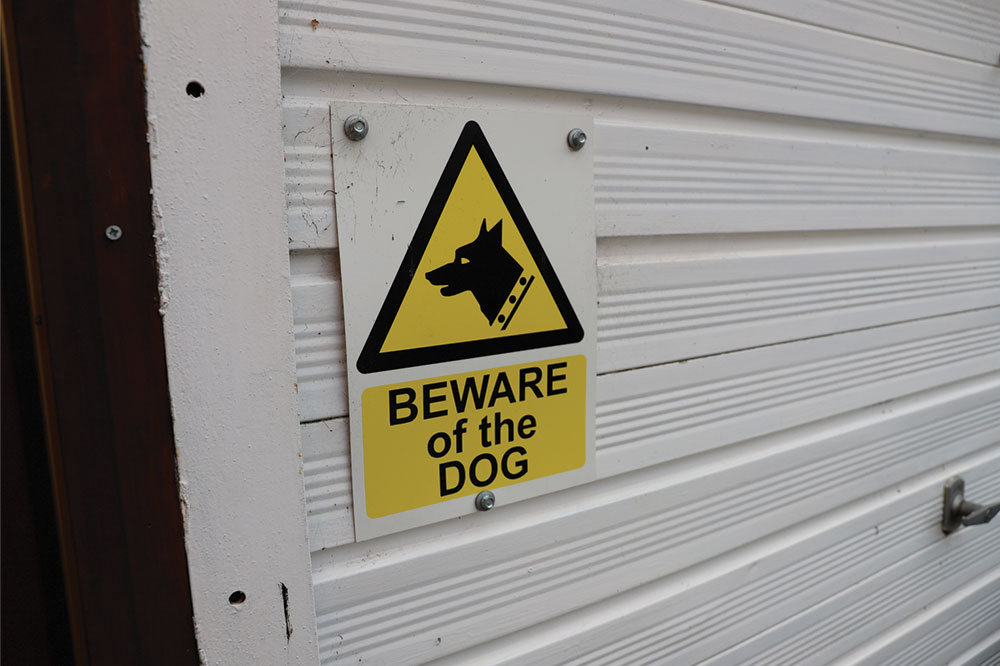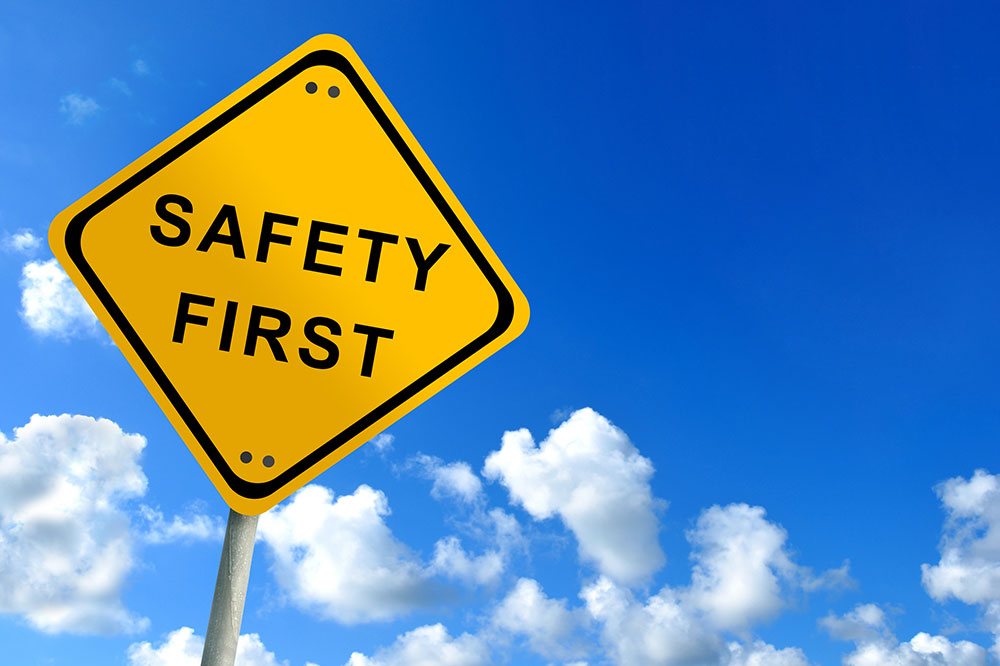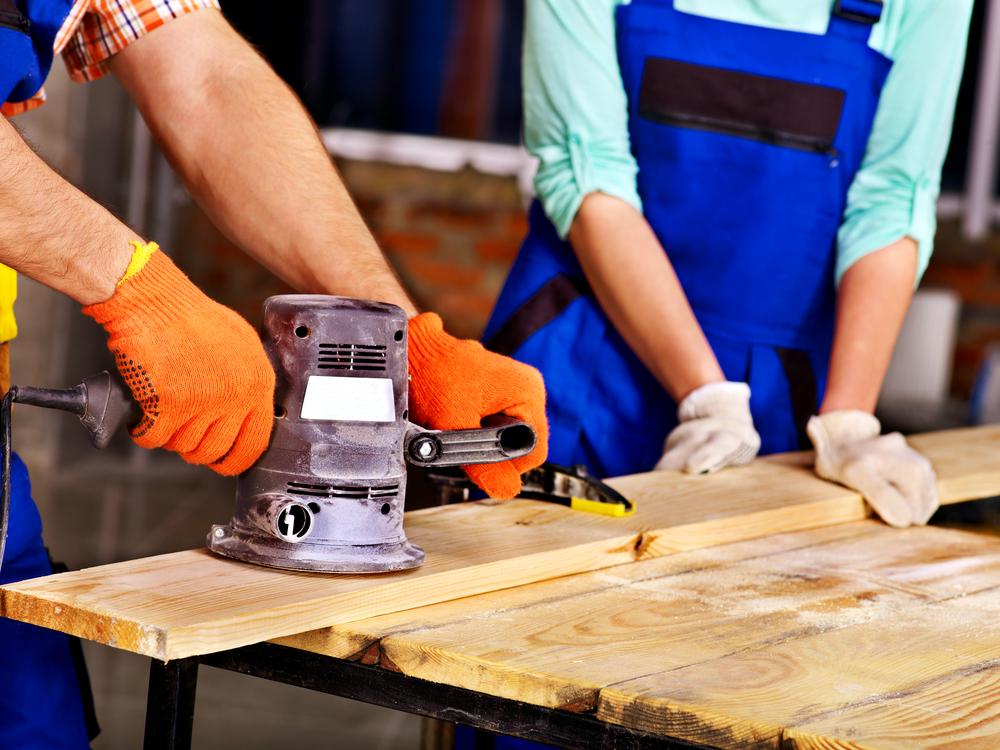Essential Safety Footwear for Workplace Protection
This article highlights the critical importance of safety footwear in industrial and construction jobs. It discusses how safety boots protect against falling objects, cuts, punctures, electrical hazards, burns, and slips. Proper safety footwear not only ensures compliance but also significantly reduces injury risks on the job. High-quality boots tailored to specific hazards are essential for worker safety and productivity. Making the right footwear choice is a vital part of personal protective equipment, safeguarding workers in hazardous environments.
Sponsored
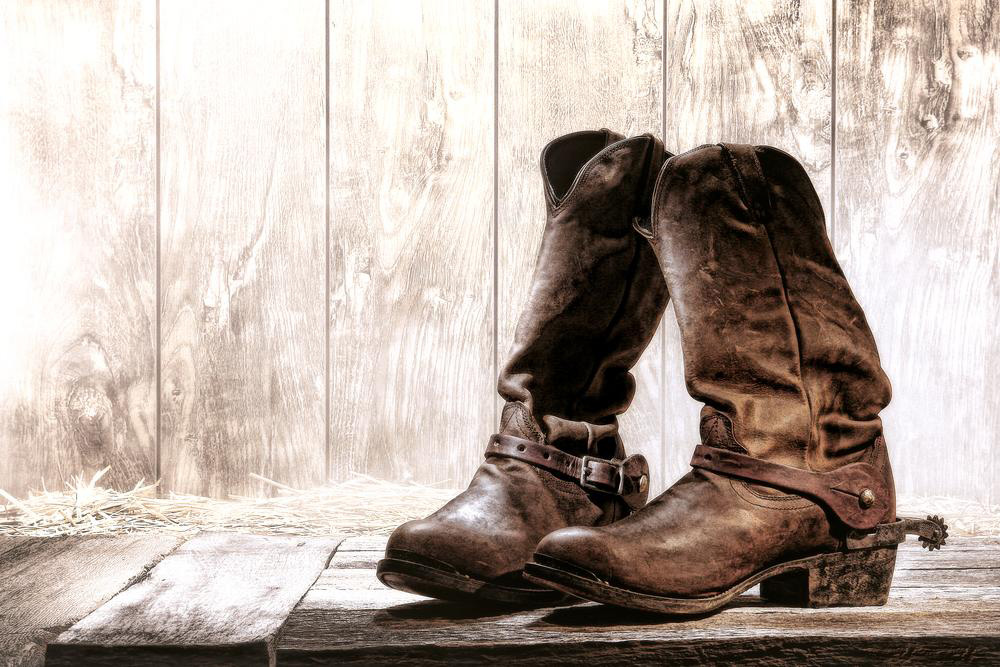
Importance of Wearing Safety Footwear at Work
Work environments like construction sites and industrial facilities pose various hazards. These settings require proper safety measures rather than avoiding the work. Protecting your feet from falling objects, molten metals, and chemical spills is crucial. Sharp debris like nails and screws also threaten foot safety. High-quality work boots from brands like Red Wing are designed to withstand tough conditions. Safety footwear is mandatory on job sites, with specific types chosen based on the risks involved. Proper safety shoes help prevent injuries and ensure workplace safety.
If your job involves high-temperature processes, such as melting and molding iron, wearing heat-resistant boots that repel molten metal is essential.
Role of Safety Footwear
Shield Your Feet from Falling Items and Impact
Heavy machinery and materials can pose a risk of falling objects. Steel-toe boots help prevent crushing injuries, making them a vital part of personal protective gear in heavy industries.
Protect Against Cutting and Sharp Objects
Workers handling machinery or operating tools like chainsaws are susceptible to deep cuts. Cut-resistant, water-repellent logging boots offer the necessary protection.
Guard Against Puncture Wounds
Sharp debris on work surfaces can cause foot injuries. Heavy-duty soles and thick materials in safety boots provide critical puncture resistance.
Prevent Electrical Hazards
Electrical environments require non-conductive footwear, typically made from rubber or leather, to reduce shock risks and static sparks.
Avoid Burn Injuries
Chemical spills and molten metals can cause severe burns. Durable, well-fitted safety boots with ankle fastenings keep liquids and hot substances from reaching the foot.
Reduce Trips and Slips
Shoes with high-traction soles improve grip, reducing fall risks. Proper footwear enhances balance, minimizes fatigue, and boosts productivity.
Wearing appropriate safety boots is a legal requirement in many industries. Prioritize your health and safety—don’t compromise on protective footwear.

